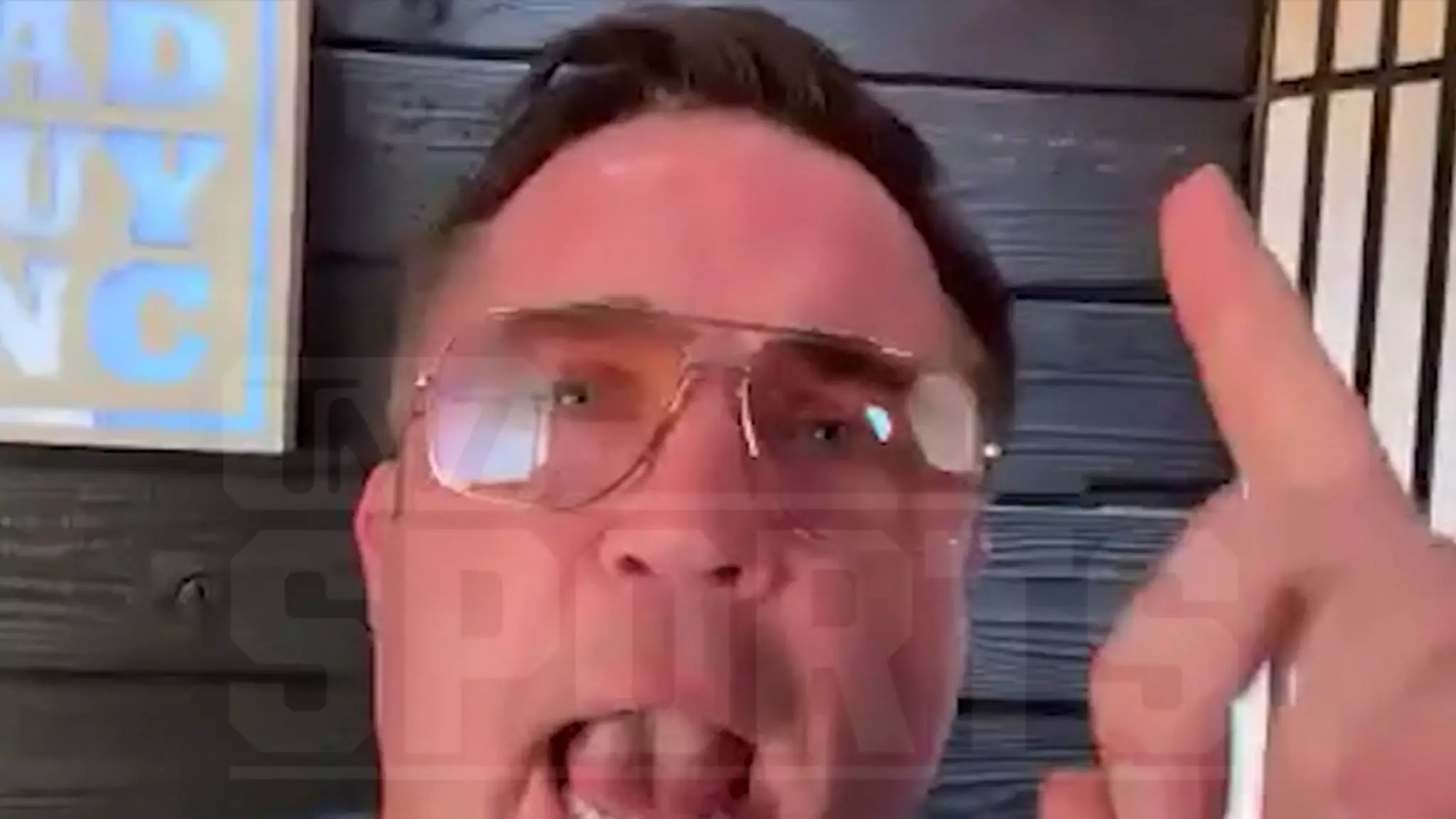In a bold declaration, mixed martial arts (MMA) icon Chael P. Sonnen has set his sights on becoming the next governor of Oregon. In an interview with TMZ Sports, the 47-year-old fighter, who has remained deeply connected to his home state, expressed his ambition with a contagious confidence, stating, “I will be governor soon!” His announcement has sparked curiosity and concern alike, as many speculate on the implications of an MMA champion taking on a political role.
Sonnen’s proposal to address the rising crime rates in Oregon has caught the public’s attention. He confidently reassures that he could effectively combat this issue through unconventional, yet direct tactics. By enlisting his former college wrestling teammates as deputies to patrol the state, Sonnen envisions a rapid and vigorous approach to law enforcement. This perspective raises questions about his understanding of governance and the complexities of public policy. While his determination to restore order is commendable, one must consider whether his vision of law enforcement is genuinely practical within a contemporary political framework.
Sonnen’s rhetoric draws heavily on a nostalgic portrayal of Oregon’s past, highlighting a time when hard work and resilience were the pillars of the community. He evokes imagery of the Oregon Trail and the pioneer spirit, suggesting that today’s society has strayed from those foundational values. However, this romanticized view can be misleading—while it taps into a reservoir of historical pride, it overlooks the sociopolitical complexities and the changing dynamics of modern Oregon.
While he celebrates the old ways, Sonnen frames his arguments with a sense of urgency, implying that the current government has failed the people, labeling it as “weak.” This assertion taps into a broader sentiment many Americans feel towards entrenched political systems. Nonetheless, one must ponder whether a quick fix, like assembling a group of wrestlers for law enforcement, aligns with comprehensive strategies needed to adequately address multifaceted social issues.
As Sonnen navigates the political waters, he concurrently invests efforts into his career in MMA coaching. With an imminent role as a head coach for the 33rd season of *The Ultimate Fighter*—against the formidable Daniel Cormier—his time is divided between fighting for a political campaign and molding upcoming fighting talent. This dual focus raises pertinent questions about his ability to balance the demanding nature of political aspirations with the rigorous commitments inherent in competitive sports.
Moreover, the upcoming gubernatorial election—scheduled for November 3, 2026—poses both a challenge and an opportunity for Sonnen. As he mobilizes his supporters through his YouTube platform, “The Bag Guy,” he must also become acutely aware of the political landscape, including campaign logistics, fundraising, and public engagement.
Chael P. Sonnen’s potential transition from a revered MMA fighter to a political figure undoubtedly presents an intriguing narrative. However, the road ahead is laden with obstacles that require more than just enthusiasm and a crusading spirit. To cultivate a tangible impact in his home state, Sonnen will need to transition from an aggressive fighter to a strategic leader capable of addressing social issues through measured, thoughtful policies. As the stage is set for an unprecedented crossover between sports and politics, only time will tell if Sonnen’s aspirations can withstand the challenges of the arena outside the octagon.

Leave a Reply